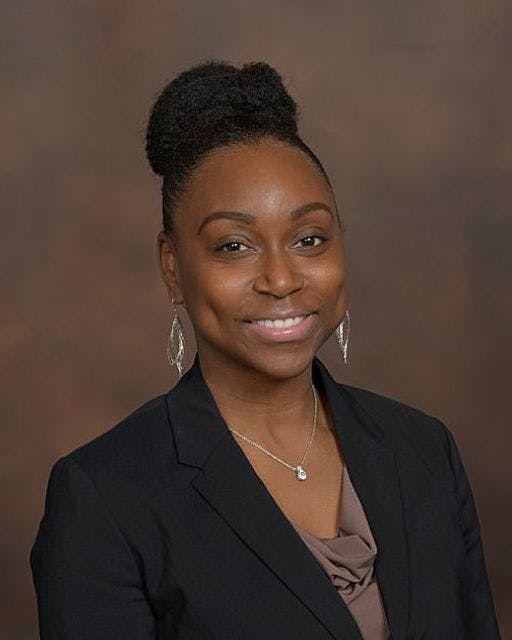Child Foster Care Background Studies Reform: Licensing Engagement
Consultation has concluded
Update: This page will sunset on Aug. 2, 2025
This project page was developed to allow stakeholder feedback during the implementation of the Background Study Reform. Participation and engagement on this site allowed us to hear from stakeholders on this component of the CFC Licensing Reform. We appreciate all of the participation and collaboration. If you have questions or comments about either of these topics, please direct them to our triage email at dcyf.fostercarelicensing@state.mn.us.
Welcome!
This engagement page is for Child Foster Care (CFC) Licensors/Supervisors and other partners to obtain information and share ideas regarding the Child Foster Care Background Study Reform.
Share your thoughts
How to engage with DHS Licensing and other CFC Licensors/Supervisors:
- Attend and participate in the Community of Practice Sessions
- Inform the DHS foster care team of what you would like to be covered at the Community of Practice in the Community of Practice Topic section.
- Ask questions to other CFC Licensors & Supervisors about completing the Non-Disqualification Assessment in the Discussion section.
Attend the Community of Practice
- The purpose of this community of practice is to discuss and assess the tools designed to implement the new child foster care background study (BGS) changes that became effective July 1, 2022.
- The CFC BGS Reform CoP is on the first Thursdays of the month 10-11:00 am (before the monthly Foster Care Licensing webinar). The CoP is held virtually via Webex. If you have not received the meeting link, please contact licensing triage at dhs.fostercarelicensing@state.mn.us.
Overview
DHS licensing and background study staff have implemented changes to Minnesota’s child foster care system, which went into effect on July 1, 2022. The changes were developed to reduce the barriers for relatives to become and remain licensed foster care providers. Relative placements tend to have fewer disruptions and better permanency outcomes than non-familial placements.
A thorough DHS background study (External link) is one element to determine if someone is suitable to provide foster care. Relatives applying to be foster parents have been disproportionally denied licenses as a result of the licensing background study process.
The Background Studies team identifies offenses that are disqualifications and non-disqualifying information.
Non-disqualifying offenses are criminal offenses or maltreatment determinations that are not automatic disqualifiers but are subject to a case-by-case review. Licensors must now use a new process to assess offenses that are classified as non-disqualifying before making a recommendation to approve, deny or revoke a child foster care license. The Non-Disqualifying Information Assessment (External link) is based on 12 factors outlined in Minnesota Statute 245A.16 sub. 9 (External link). The licensing determination is primarily based on the relationship to the children, the nature of the offense, rehabilitation efforts, and the applicant’s ability to safely care for the children.
Although the intent of the reform is to help more relatives become licensed foster parents, the changes apply to non-relative providers as well.
About privacy on this site
Please do not share full names, or other information that would make people or agencies identifiable in your public comments. If you have feedback or questions that contain identifiable information on applicants, license holders, family members, or other agencies please email us privately at Licensing Triage Email dhs.fostercarelicensing@state.mn.us.


